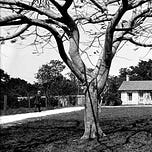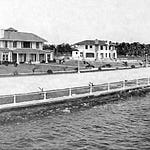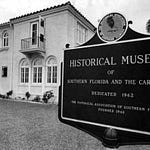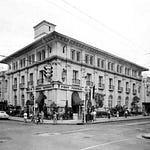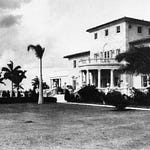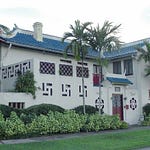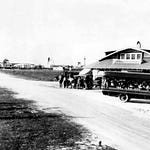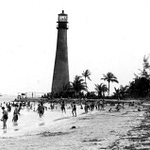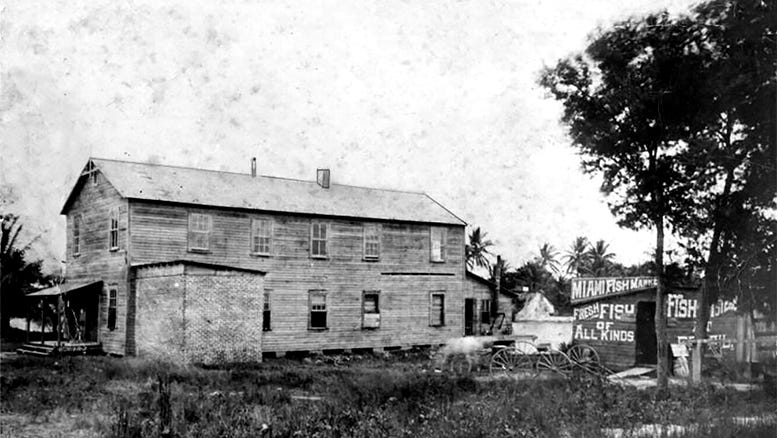
This podcast episode features the inception and the history of Dade County and its many different county seats. Originally slated to be named Pinckney County, the municipality was named for Major Francis Dade who lost his life in a battle with the Seminole Indians in December of 1835. The county was formed in January of 1836 and was named to honor the fallen West Point graduate. The original county seat was placed in Indian Key and was there from 1836 until 1844.
It was moved to the banks of the Miami River, then referred to as Biscayne Bay Country, when William English used his influence to initiate a special election in 1844 to change the county seat. By 1888, the northern part of the county, which included what is now Palm Beach and Broward County, became more densely populated and triggered another special election to move the county seat to Juno. A decade later, in 1899, a third special election was initiated to move the county seat back to the new City of Miami, founded in 1896, which had become the largest city in the county by that time.
Tune into this week’s podcast episode to hear more about the history of Dade County and its various county seats. You can download this episode on your favorite podcast platform (iTunes, Stitcher, Soundcloud, Spotify), or listen directly on the Miami-History website. Please remember to click on the subscribe button and to provide a rating and comment on any of the aforementioned platforms.


